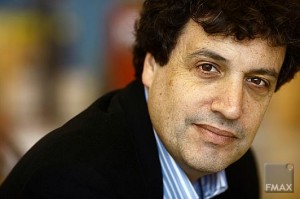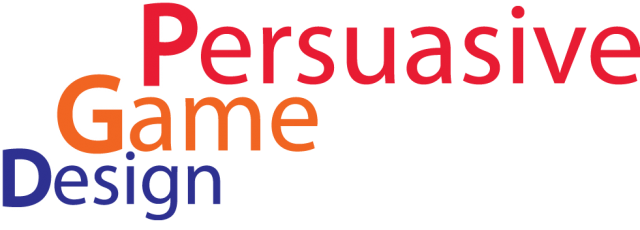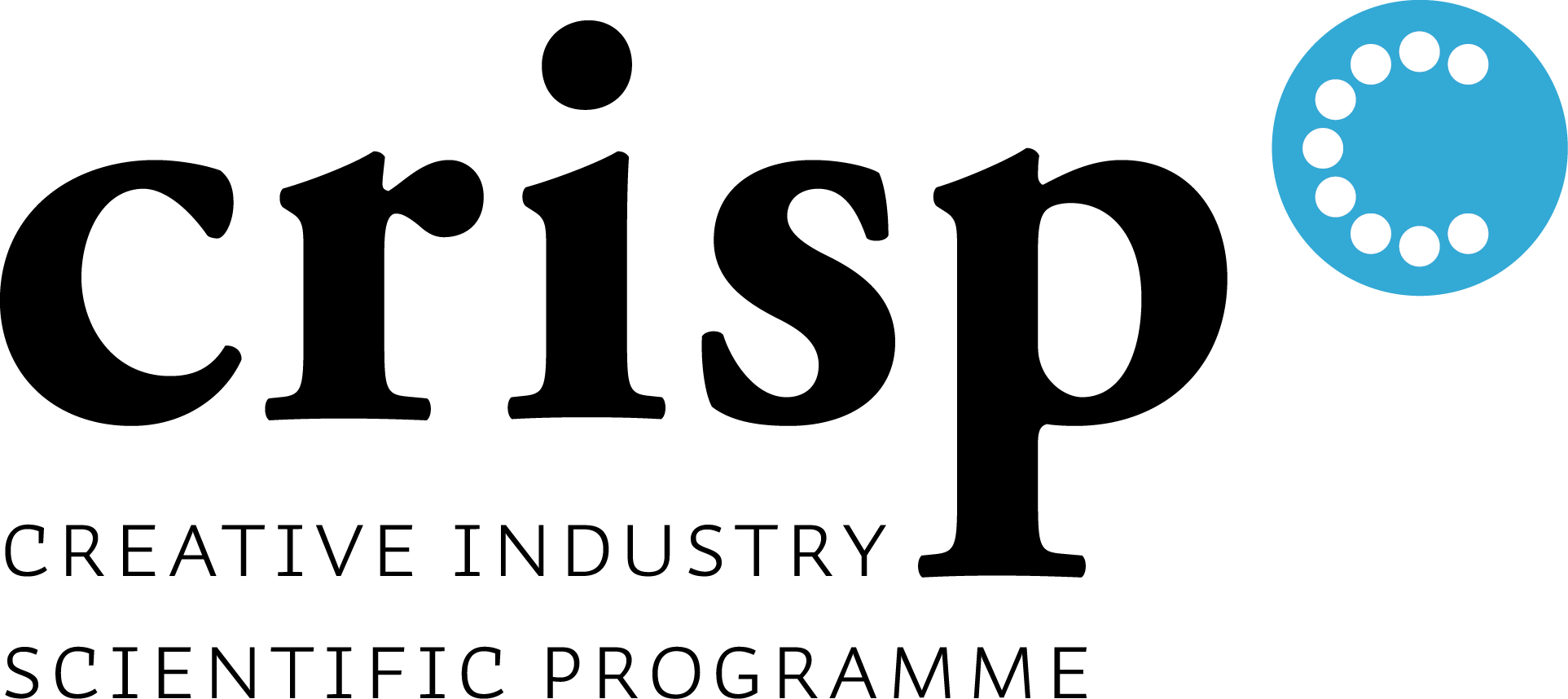 My main research interests lie in the areas of energy and sustainability, often with a connection to smart environments and interactive technology design. At the moment, I’m involved in a European project called Intelligent Energy Europe. With Daphne Geelen, we developed an ecosystem called Aquarium, which is an environment with game-like features: it gives feedback about the user’s performance influencing the environment which changes accordingly in an interactive manner. It is becoming a game as new components (like plants or fishes) can be added to reward a good performance. It will be implemented in Utrecht where people will be able to see how much energy they are using from solar panels per house and compare their performance to others. The next step will be to turn in into energy battles between households can compete and win things. Another similar project were board games designed as a tool to create awareness about smart grids and spark discussions between neighbors on these issues.
My main research interests lie in the areas of energy and sustainability, often with a connection to smart environments and interactive technology design. At the moment, I’m involved in a European project called Intelligent Energy Europe. With Daphne Geelen, we developed an ecosystem called Aquarium, which is an environment with game-like features: it gives feedback about the user’s performance influencing the environment which changes accordingly in an interactive manner. It is becoming a game as new components (like plants or fishes) can be added to reward a good performance. It will be implemented in Utrecht where people will be able to see how much energy they are using from solar panels per house and compare their performance to others. The next step will be to turn in into energy battles between households can compete and win things. Another similar project were board games designed as a tool to create awareness about smart grids and spark discussions between neighbors on these issues.
Another PhD candidate I’m supervising is Abhigyan Singh who is working on trading renewable energy within small community-based smart grids. People collectively could help each other, but the idea behind the smart grid is a difficult concept to grasp. We deal with complicated social dynamics since people are not used to the idea that one’s behavior influences the price of his neighbor’s energy. I am interested in turning such a system into a game but the real challenge is to transition from a game to a stable system in terms of changing behavior, also when the game is over. We noticed that a disruptive process is created when gamification is too extreme. Users can go too far in changing their behavior, to the point it is not natural, because they are only interested in winning the game. Our goal is to create an environment stimulating social behaviors which serve the community.
I also see gaming as a way of simulating new ideas and technologies without having to build them. Moreover, we can measure things with interactive surveys and develop our evaluation methods in the gaming context.
text by Malgorzata Pawlak


